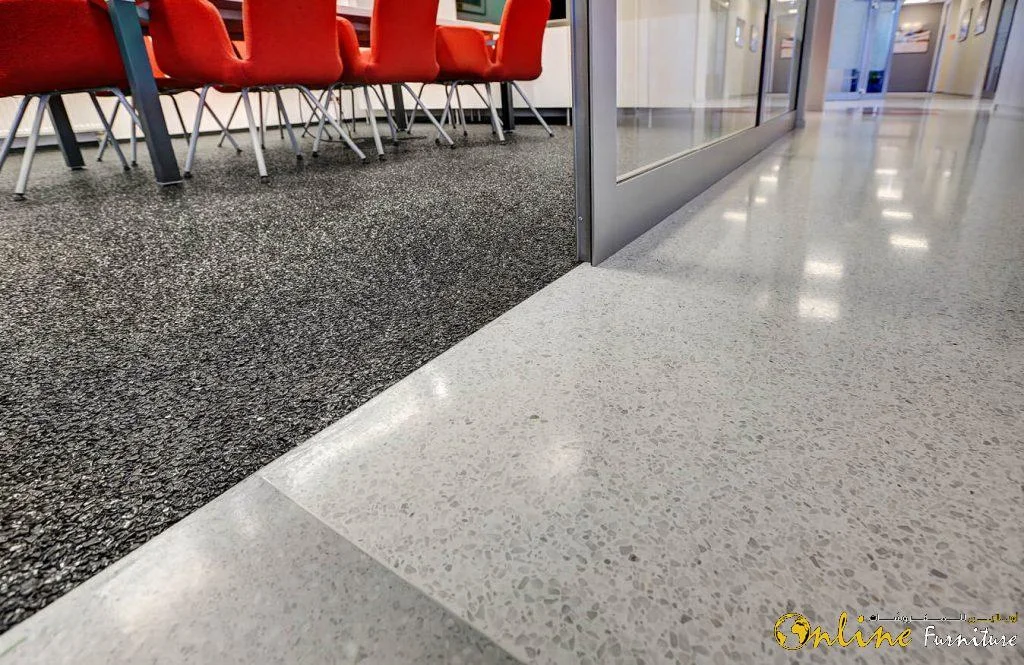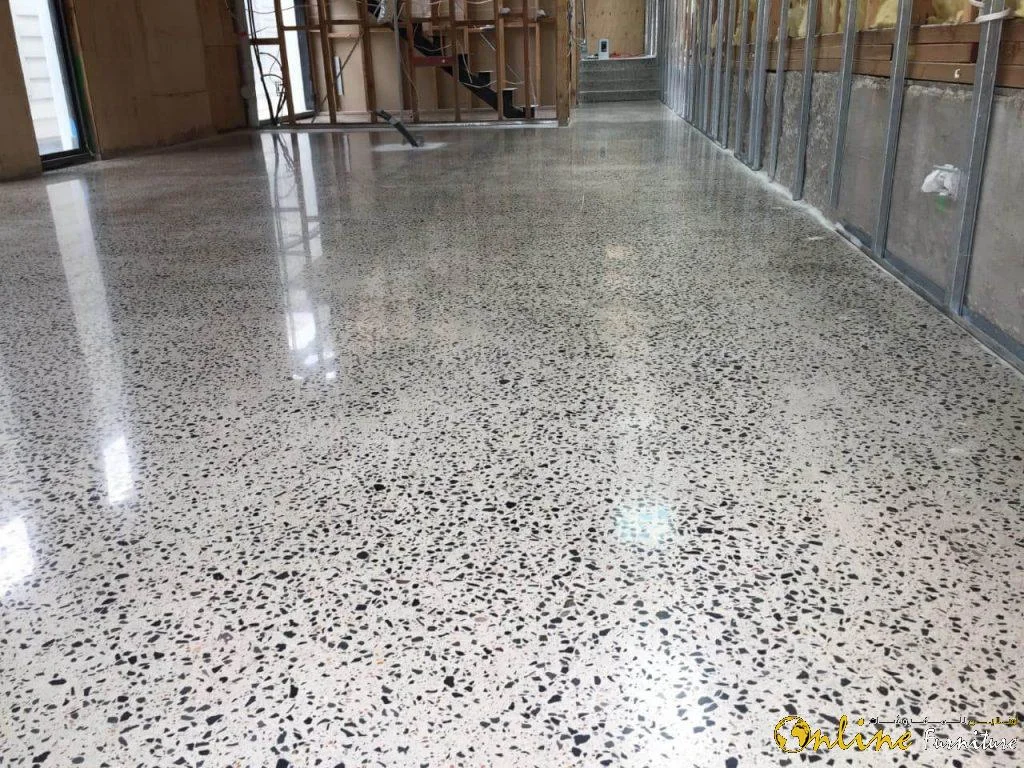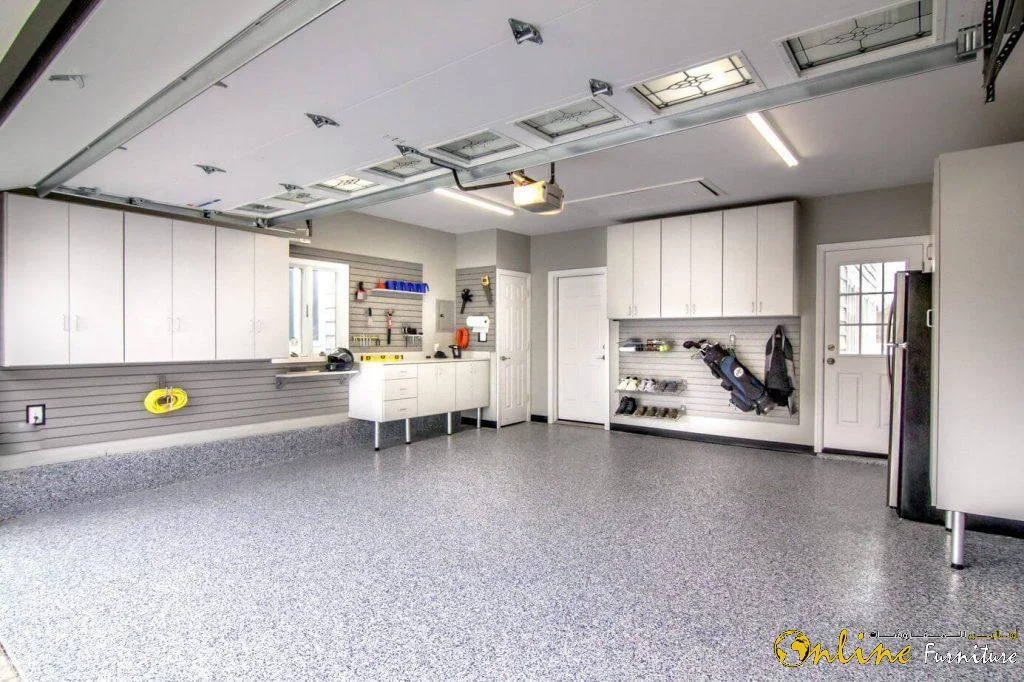Home / resin flooring
Transform Your Space with Seamless Elegance: Discover the Beauty of Resin Flooring

Revolutionize the ambiance of your space with the timeless allure of resin flooring. Say goodbye to mundane surfaces and embrace the epitome of sophistication and durability. Whether you’re seeking to upgrade your garage floor or elevate your outdoor concrete, resin flooring offers a seamless solution that merges style with resilience.
Transforming your garage into a showcase of contemporary excellence begins with a resin garage floor. This durable coating not only enhances the aesthetic appeal of your space but also provides unmatched protection against stains, chemicals, and wear-and-tear, ensuring your floor remains pristine for years to come.
For outdoor spaces craving a touch of elegance, the best outdoor epoxy resin for concrete emerges as the ultimate choice. Its weather-resistant properties and UV stability ensure longevity, while its seamless finish creates a stunning visual impact.
Indoors, clear epoxy resin for floors delivers a modern yet timeless charm. Its self-leveling properties ensure a flawless surface, while its crystal-clear finish amplifies the natural beauty of your substrate, transforming any room into a masterpiece of design.
Discover the transformative power of resin flooring today and unlock a world of possibilities for your space. Experience the seamless elegance that resin flooring offers, blending style, durability, and functionality in perfect harmony.
Unveiling the Artistry: Exploring the Diverse Palette of Resin Flooring Solutions
- Epoxy Flooring:
Known for its durability and chemical resistance.
Available in various colors and finishes.
Ideal for industrial, commercial, and residential applications.
- Polyurethane Flooring:
Offers excellent abrasion and impact resistance.
Flexible and can withstand thermal cycling.
Suitable for areas with heavy foot traffic and exposure to chemicals.
- MMA (Methyl Methacrylate) Flooring:
Rapid curing time, allowing for quick installation and minimal downtime.
Exceptional chemical resistance and durability.
Often used in environments requiring fast turnaround times, such as commercial kitchens and food processing facilities.
- Polyaspartic Flooring:
Provides high-performance characteristics similar to epoxy and polyurethane.
UV stable, making it suitable for outdoor applications.
Fast curing time, allowing for same-day installation and quick return to service.
- Decorative Flake Flooring:
Consists of decorative flakes broadcasted into a resin base.
Offers a wide range of color combinations and patterns.
Provides a seamless and aesthetically pleasing finish, commonly used in residential, commercial, and retail spaces.

- Self-Leveling Flooring:
Formulated to create a smooth, flat surface with minimal effort.
Ideal for environments requiring a seamless and easy-to-clean finish, such as laboratories and healthcare facilities.
Can be customized with various colors and aggregates for added texture and design.
- Conductive Flooring:
Designed to dissipate static electricity, making it suitable for electronics manufacturing and cleanroom environments.
Ensures safety by preventing electrostatic discharge (ESD) that could damage sensitive equipment.
Available in epoxy and polyurethane formulations with customizable conductivity levels.
Discover the Top Benefits of Resin Flooring: Beauty, Durability, and Easy Maintenance!

- Durability: Resin flooring is incredibly durable, able to withstand heavy foot traffic, impact, and abrasion, making it ideal for high-traffic areas.
- Versatility: It can be customized to suit various environments and design preferences, offering a wide range of colors, patterns, and finishes.
- Seamless Installation: Resin flooring can be applied seamlessly, eliminating grout lines and joints, creating a smooth and hygienic surface.
- Chemical Resistance: Resistant to chemicals, acids, and solvents, making it suitable for industrial settings, laboratories, and commercial kitchens.
- Hygienic: Non-porous and easy to clean, preventing the growth of bacteria and mold, maintaining a clean and safe environment.
- Slip Resistance: Can be formulated with additives to enhance slip resistance, providing a safe flooring solution for both wet and dry areas.
- Fast Installation: Rapid curing times allow for quick installation, minimizing downtime and disruption to operations.
- Longevity: With proper maintenance, resin flooring can last for many years, providing excellent value for investment over time.
Resin floors are a fantastic choice for flooring.
- Expertise: With years of experience in the resin flooring industry, our team boasts unparalleled expertise. We have successfully completed numerous projects across various sectors, delivering exceptional results every time.
- Customized Solutions: We recognize that every project is unique. That’s why we offer tailored resin flooring solutions to meet your specific requirements. Whether it’s for commercial, industrial, or residential purposes, we have the expertise to deliver customized solutions that exceed your expectations.
- Quality Materials: We prioritize quality in every aspect of our work. That’s why we only use premium-grade materials sourced from trusted suppliers. Our commitment to quality ensures long-lasting, durable resin flooring that stands the test of time.
- Skilled Professionals: Our team comprises skilled professionals who are dedicated to delivering excellence. From project planning to execution, our experts work diligently to ensure seamless installation and impeccable finish.
- Competitive Pricing: We believe that quality resin flooring should be accessible to all. That’s why we offer competitive pricing without compromising on quality. Our transparent pricing policy ensures that you get the best value for your investment.
- Sustainability: We are committed to sustainability and environmental responsibility. Our eco-friendly resin flooring solutions are designed to minimize environmental impact while maximizing performance and durability.
FAQ's
A: Resin flooring is a type of flooring system that involves applying a resin material over a prepared surface to create a durable and seamless finish.
A: Resin flooring offers several advantages, including durability, chemical resistance, easy maintenance, customizable aesthetics, and seamless application.
A: There are various types of resin flooring, including epoxy, polyurethane, methyl methacrylate (MMA), and polyaspartic. Each type has specific properties and applications.
A: Resin flooring is versatile and can be used in various environments, including industrial facilities, commercial spaces, healthcare facilities, educational institutions, and residential settings.
A: Resin flooring is typically installed by trained professionals following a multi-step process that includes surface preparation, primer application, resin coating or topping application, and curing.
A: Resin flooring can be environmentally friendly depending on the materials used and the manufacturer’s practices. Some resin systems are low in volatile organic compounds (VOCs) and can contribute to sustainable building certifications.
